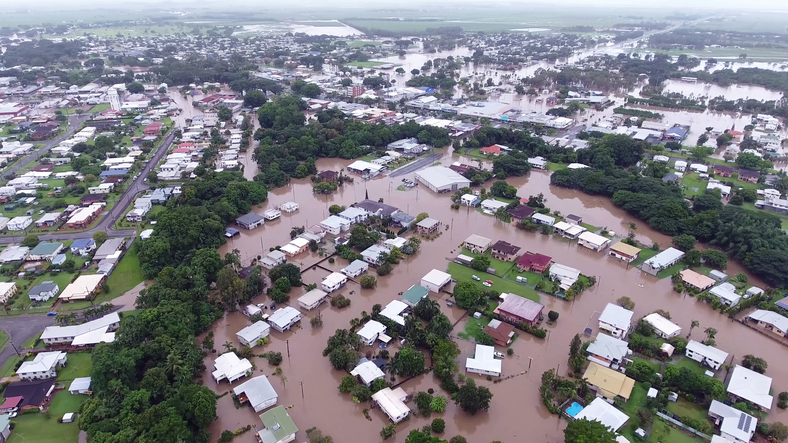
Professor Paul Arbon is Director of the Torrens Resilience Initiative at Flinders University.
The devastating flooding through the south-eastern regions of Australia reminds us of the increasing impact of natural hazard events on our communities and way of life.
Homes, businesses and services are severely damaged, or lost altogether, and the immediate and long-term physical and mental health consequences are substantial, heart-rending and complex.
The new challenge for communities and those responsible for managing emergencies is to not only prepare for and respond to the immediate and more obvious impacts of events such as flooding, but also to plan for and respond effectively to the cascading consequences of these increasingly regular emergencies.
These consequences include, for example, loss of access to cash, failure of telephone systems, delays in supply of goods or essential services such as access to medications and the list goes on.
To understand why we seem to be impacted more severely and more often than in the past, we need to think about the interaction between changing climate and the increased interdependence and complexity of the communities in which we live.
Increasingly, natural hazards emergencies are not only destroying homes, businesses and the livelihoods of those directly affected; and this is of course the most important consideration in any response.
In other words, we are experiencing the impact of these natural events on the systems that sustain our communities and underpin our lifestyles and livelihoods.
These systems are interlinked and interdependent, and failure in one will have flow on effects in others. We have seen some of these unexpected consequences in past (and current) emergencies; for example, access to sufficient supply of vaccines or the need to ration toilet paper during the pandemic.
Additionally, these emergencies are having flow on effects, disrupting systems and services, often in unexpected and cascading ways. These so-called societal systems include those functions that we depend upon to be safe, healthy and prosperous, including transportation and logistics, healthcare, banking and finance and the like.
This is not an easy task, but we do have the opportunity to learn from the experience of affected communities and to learn and apply the lessons arising from current emergencies to our strategy for the next one.

